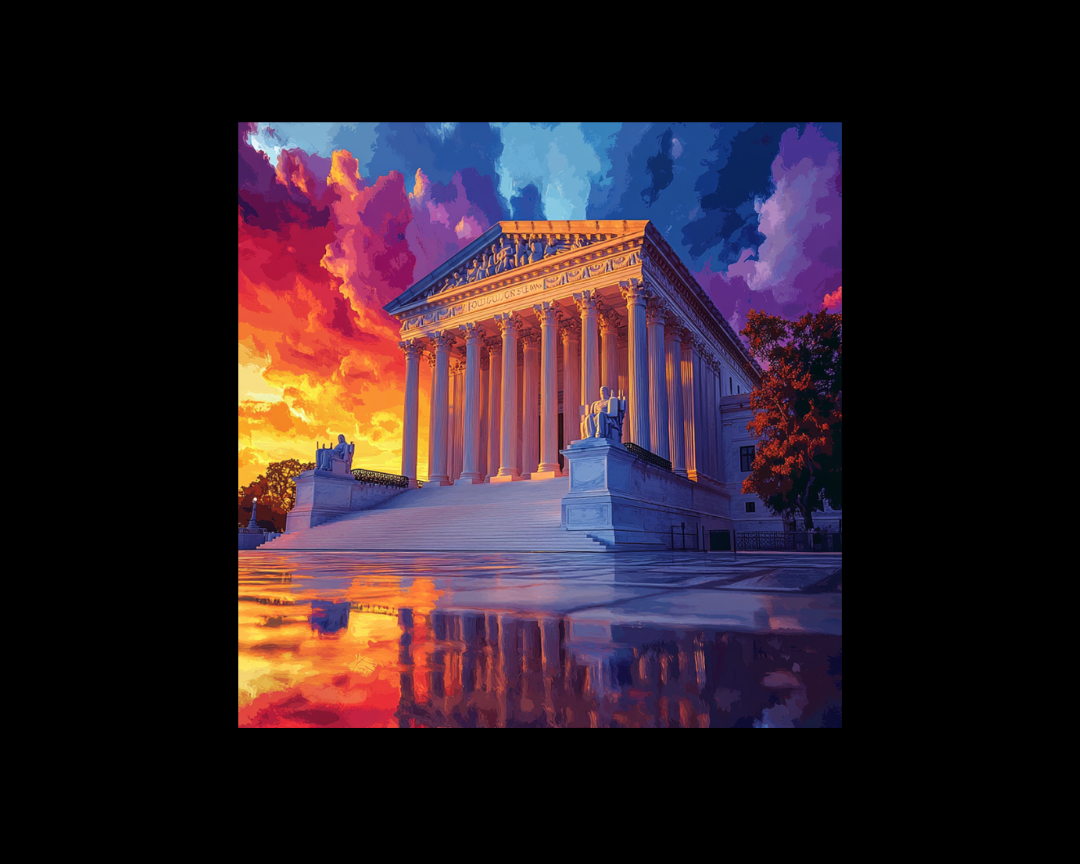DOJ Unveils Plan to End Google's Illegal Search Monopoly: Chrome Divestiture and More
In a landmark antitrust case, the United States Department of Justice and co-plaintiff states have unveiled sweeping remedies designed to break up...
3 min read
 Writing Team
:
Aug 18, 2023 4:42:16 PM
Writing Team
:
Aug 18, 2023 4:42:16 PM
.png)
The Federal Trade Commission (FTC) released its revamped Guides Concerning the Use of Endorsements and Testimonials in Advertising on June 29, 2023.
This update specifically addresses the nuances of social media influencer marketing, a realm that has rapidly emerged as a vital aspect of brand-consumer engagement.
Influencers wield the power to seamlessly connect brands with their target audience, forging a more impactful and authentic engagement than conventional advertising.
Imagine this: You're scrolling through your TikTok feed, and you stumble upon an intriguing video showcasing the benefits of a CBD product. The video starts with an upbeat tune and transitions to the influencer enthusiastically sharing their experience with the CBD product. They talk about how it has helped them feel more relaxed and manage stress effectively.
With each frame, the influencer demonstrates how they incorporate the CBD product into their daily routine. Whether it's adding a few drops to their morning smoothie or using it as a soothing topical, you get a clear picture of how versatile the product can be.
As the video progresses, the influencer's voiceover becomes more animated, emphasizing the positive effects they've personally experienced. They're not just describing the benefits; they're also offering you an exclusive discount code and a direct link to purchase the CBD product for yourself.
In a matter of moments, you're captivated by the influencer's genuine enthusiasm and the potential of the CBD product. The combination of relatable content, personal testimony, and a special offer makes it a compelling package. Whether you're a wellness-conscious millennial or an open-minded Gen Z individual, this scenario is likely to pique your interest, offering both valuable information and an easy way to explore the benefits of the CBD product.
However, the line between sponsored and organic content can blur easily, with influencers often garnering the trust of their followers through non-sponsored content. The updated Endorsement Guides play a pivotal role here, offering clarity on practices that could be deemed unfair, deceptive, or violative of the FTC Act.
So, let's review the key takeaways influencers and brands should be mindful of.
A disclosure is warranted when a material connection exists between an influencer and a brand, which isn't reasonably expected by the audience viewing a sponsored post.
In simpler terms, if a significant portion of viewers wouldn't naturally anticipate this connection, a disclosure is mandatory. Although this criterion is somewhat subjective, opting for disclosure in cases of doubt is advisable. Such connections can influence the weight and credibility of an influencer's product opinions.
Tip: The obligation to disclose material connections spans across all influencers, from nano influencers with modest followings to mega influencers boasting millions. Familiarize yourself with the rules before you reach the viral stage.
A material connection disclosure need not delve into every intricate detail of the relationship. However, it must effectively convey the nature of the connection, empowering viewers to evaluate its importance. While the FTC hasn't prescribed specific verbiage, certain disclosures like "Ad," "Paid ad," or "Sponsored by XYZ" have been generally deemed acceptable, provided they are presented conspicuously.
The Endorsement Guides emphasize the need for a "clear and conspicuous" material connection disclosure. This implies that the disclosure should be easily noticeable and comprehensible by an average consumer. The manner of disclosure varies with the posting format. For instance, in cases of visual endorsements, the disclosure could be superimposed over the image or included within the caption. In audible endorsements, like discussing a product on Stories, verbal disclosure suffices, while a combination of visual and audible disclosure is preferred.
While platforms offer built-in disclosure tools, these might not always meet the criteria for clear and conspicuous disclosure. The FTC evaluates factors like placement, readability, and clarity. Relying solely on built-in tools could prove inadequate, potentially holding the influencer or brand accountable rather than the platform.
Tip: For brands sponsoring a series of posts, ensure each post bears an appropriate material connection disclosure. Don't assume that viewers will associate multiple posts without a direct reference.
According to the updated Endorsement Guides, advertisers can face liability for endorsements featuring misleading or unsupported claims, as well as for neglecting to disclose unexpected material connections with influencers. Brands could be held liable even if the influencer isn't.
To uphold compliance, brands should establish robust training and monitoring programs for influencers. While not a legal shield, sincere guidance, vigilant monitoring, and corrective actions can decrease deceptive claims and the likelihood of FTC enforcement action.
Tip: Given the real-time challenge of monitoring short-lived posts like Stories, consider instituting a pre-approval process within your brand's monitoring protocol, particularly for these types of content.

In a landmark antitrust case, the United States Department of Justice and co-plaintiff states have unveiled sweeping remedies designed to break up...

Today's consumers devour digital content at an unprecedented rate. Research reveals that individuals in the United States spend over 12 hours daily...
.png)
In California, a legislative bombshell is ticking away, and data brokers are feeling the heat.